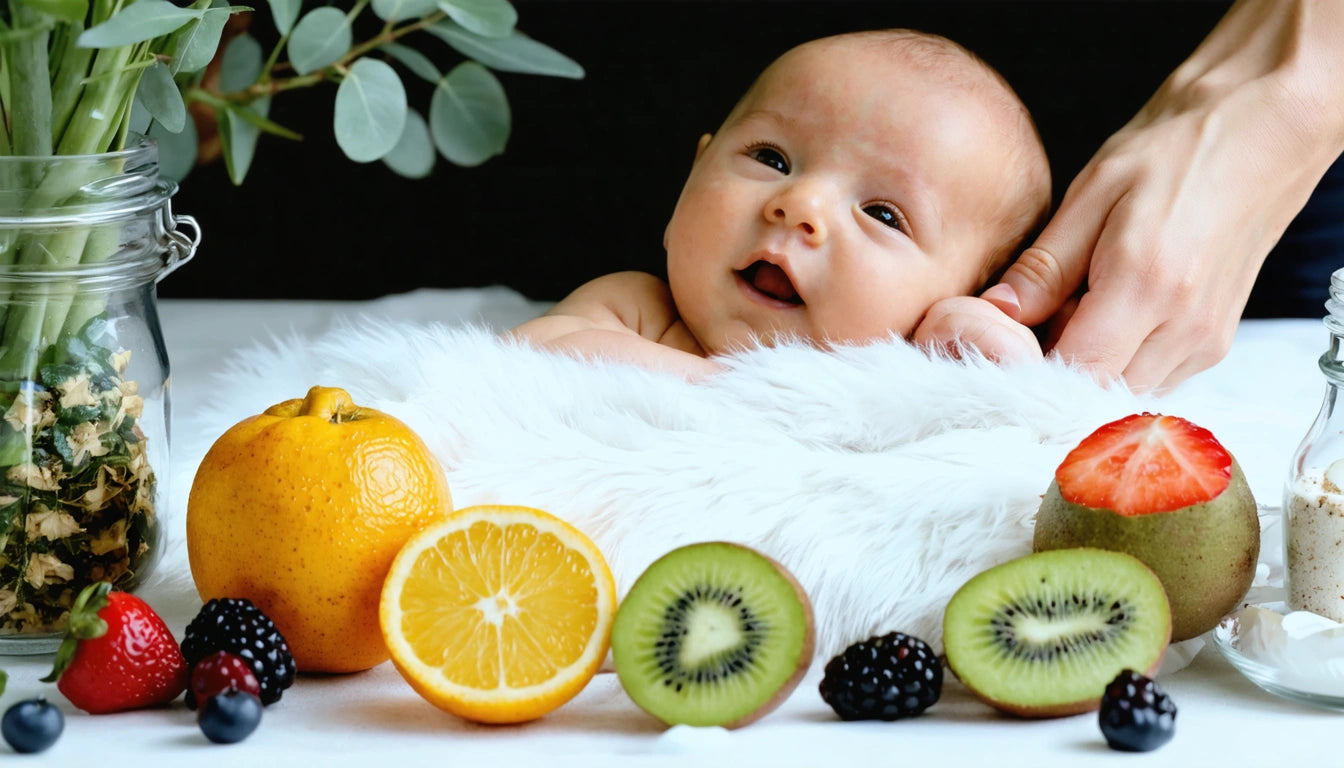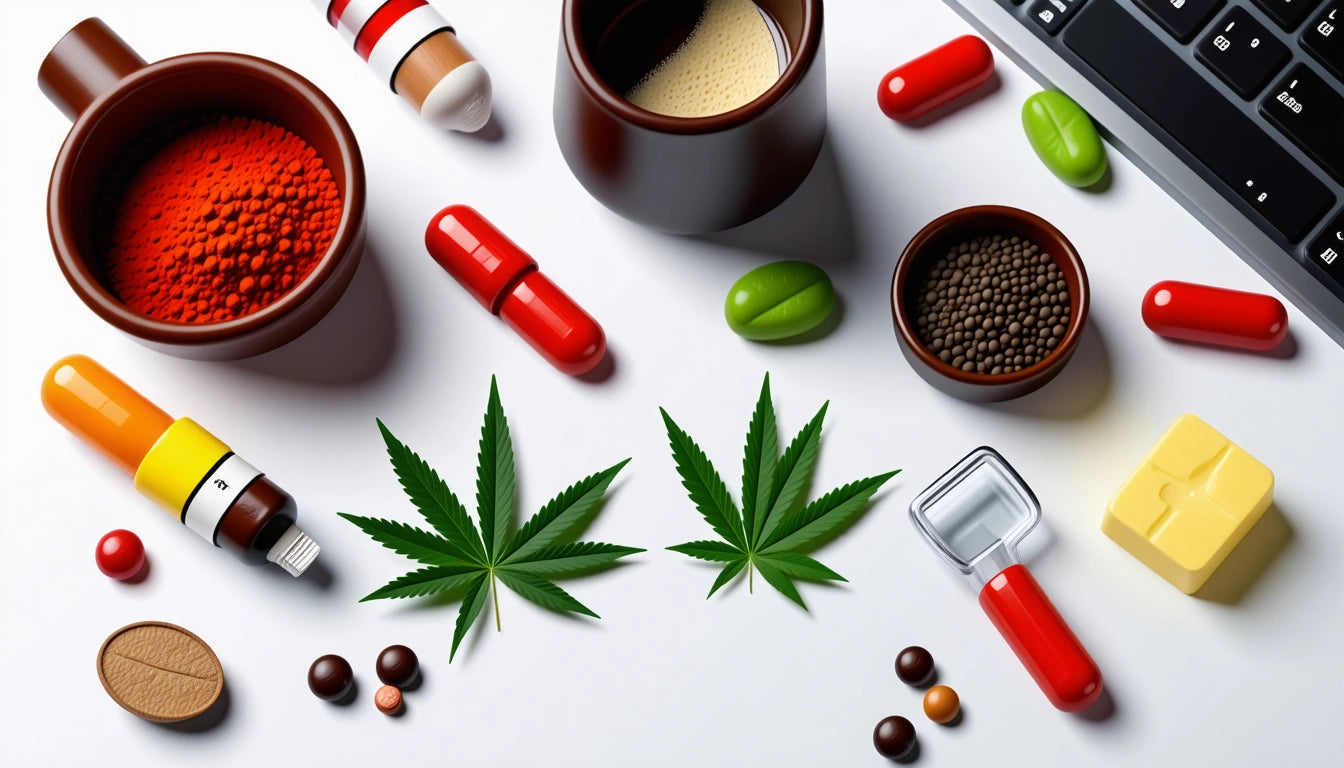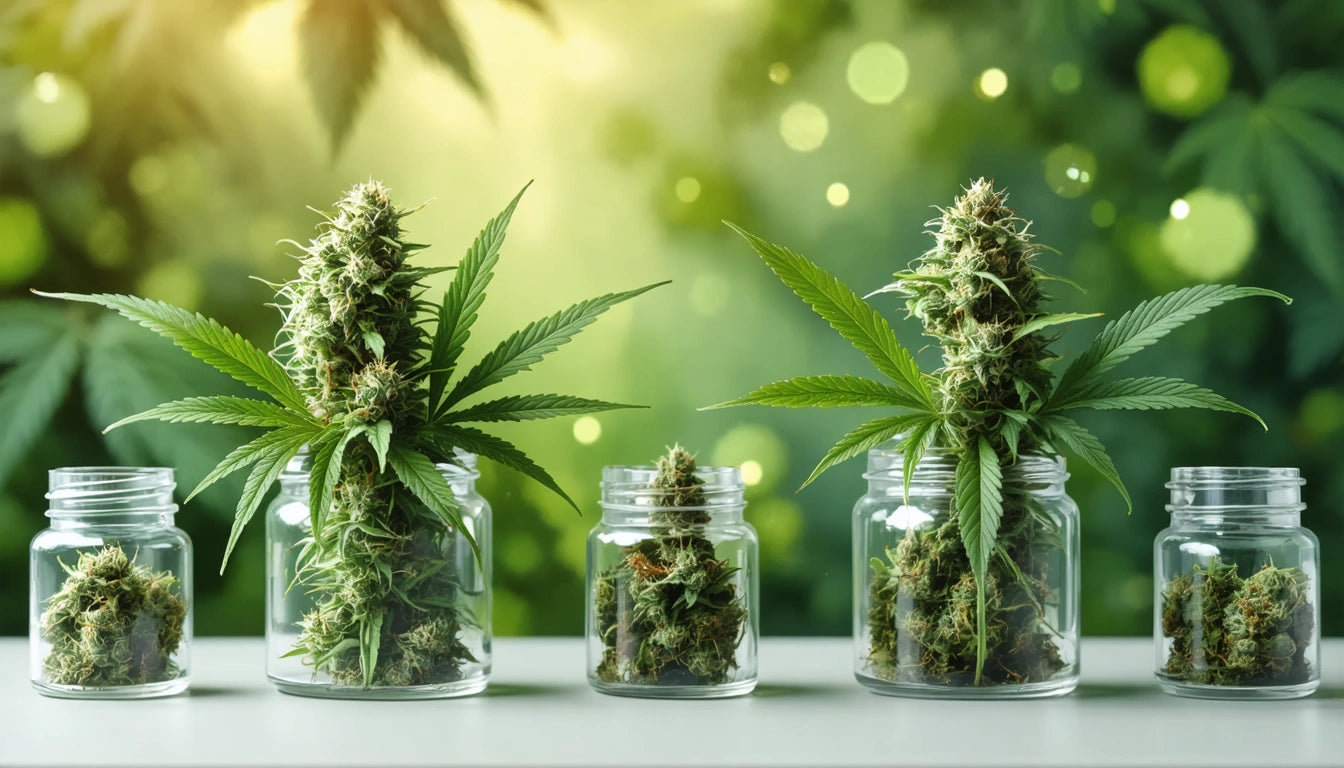Table of Contents
Is It Safe to Consume Edibles While Breastfeeding?
The question of whether you can have edibles while breastfeeding is becoming increasingly common as cannabis products gain legal status in many regions. For nursing mothers considering cannabis consumption, understanding the potential risks and scientific evidence is crucial for making informed decisions about their health and their baby's wellbeing.
Edibles and Breastfeeding: Understanding the Risks
Cannabis edibles contain cannabinoids, primarily THC and CBD, which can pass from a mother's bloodstream into breast milk. Unlike some substances that metabolize quickly, THC is fat-soluble and can remain in breast milk for extended periods. This characteristic raises significant concerns about infant exposure during critical developmental stages.
According to research on cannabis consumption risks, the developing infant brain is particularly vulnerable to external compounds. When considering if you can eat edibles while breastfeeding, it's important to recognize that infants lack the enzyme systems needed to efficiently process cannabinoids.
How THC Transfers into Breast Milk
The transfer of THC into breast milk occurs through a process called passive diffusion. Because THC is highly lipophilic (fat-loving), it readily binds to the fat in breast milk. Studies have found that THC concentrations in breast milk can be up to eight times higher than in the mother's bloodstream, creating a significant exposure risk for nursing infants.
This concentration effect is particularly concerning with edibles, which produce longer-lasting effects than other consumption methods. When edibles are metabolized by the liver, they convert THC to 11-hydroxy-THC, a more potent compound that can remain active in the body for 6-8 hours or longer.
Current Research on Cannabis and Breastfeeding
The medical community strongly advises against consuming cannabis in any form while breastfeeding. Studies examining THC in breast milk have identified several potential risks to infant development, including:
- Impaired motor development
- Altered brain development
- Decreased cognitive function
- Potential behavioral issues
- Disrupted feeding patterns
Research suggests that regular exposure to THC through breast milk may impact the development of neural pathways in infants. While studying cannabis effects directly in breastfeeding populations presents ethical challenges, animal studies and observational research consistently indicate cause for concern.
Duration of THC Detection in Breast Milk
One of the most significant considerations when discussing whether you can have edibles while breastfeeding is the persistence of THC in breast milk. Unlike alcohol, which clears from breast milk as it leaves the bloodstream, THC can be detected in breast milk for much longer periods.
Recent studies have found THC remains detectable in breast milk for up to six days after a single use, with regular users potentially showing positive results for weeks. This extended presence means that strategies like "pumping and dumping" are ineffective for cannabis, unlike with alcohol consumption.
When considering edibles safety concerns, it's worth noting that their effects last significantly longer than smoking or vaping, potentially extending the period THC remains in breast milk.
Safer Alternatives for Nursing Mothers
For nursing mothers seeking relief from conditions that might otherwise be addressed with cannabis, several safer alternatives exist:
- For pain management: Consult with healthcare providers about breastfeeding-compatible pain relievers
- For anxiety or sleep issues: Explore therapy, mindfulness practices, or approved medications
- For relaxation: Consider herbal teas (excluding those containing cannabis) that are safe during lactation
If you're exploring options for relaxation or social situations where others might be using cannabis products, our selection of custom rolling accessories might be of interest for future use after the breastfeeding period has concluded.
Medical Considerations and Professional Guidance
The American Academy of Pediatrics, the American College of Obstetricians and Gynecologists, and the Centers for Disease Control and Prevention all recommend avoiding cannabis products, including edibles, while breastfeeding. These recommendations are based on the potential risks to infant development and the lack of research establishing any safe level of exposure.
For mothers who have consumed edibles and are concerned about breastfeeding, consulting with a healthcare provider is essential. They may recommend temporarily suspending breastfeeding and using previously stored milk or formula until THC has cleared from the system.
It's also important to understand how edibles affect maternal metabolism, as these effects can indirectly impact breastfeeding through changes in appetite, hydration, and overall maternal health.
Current medical consensus strongly advises against consuming edibles while breastfeeding due to the potential risks to infant development. The extended presence of THC in breast milk, combined with an infant's limited ability to metabolize cannabinoids, creates a significant concern that outweighs any potential benefits to the mother. For those requiring symptom management during the breastfeeding period, consulting with healthcare providers about safe, compatible alternatives is the recommended approach.











Leave a comment
All comments are moderated before being published.
This site is protected by hCaptcha and the hCaptcha Privacy Policy and Terms of Service apply.